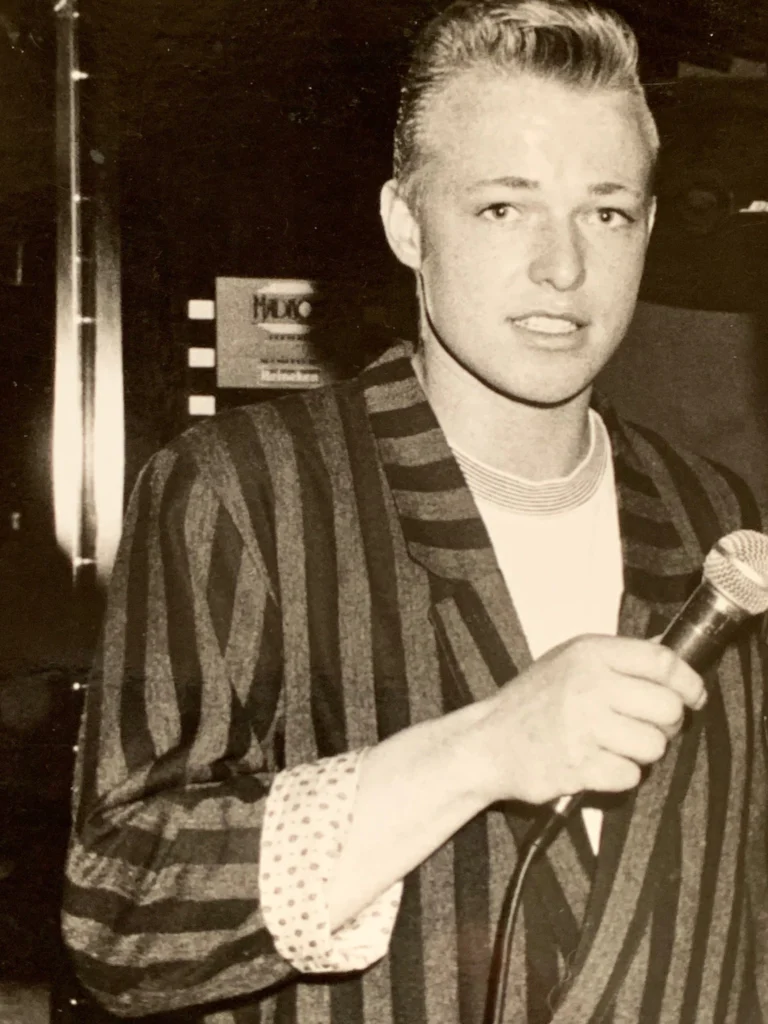Trust; a firm belief in the reliability, truth, or ability of someone or something.
It is a virtue, integral to the way in which The BBC works, with each person able to rely on their colleague’s character, ability, strength to succeed.
When working as a TV sport correspondent, out in the field, I trusted I was being given the right information by producers and editors in London, to allow me to produce the best work possible – you have my back, I have yours and together we are stronger, better.
I never questioned that about the BBC until now.
The recent announcements regarding cuts to BBC local radio output have surely left staff (and listeners) questioning whether that bond between themselves and the management is broken.
Those who worked alongside me in local radio for over a decade, often questioned the BBC’s commitment to it, and the myriad of daft decisions that have led to inevitable listener decline, but they always ‘trusted’ that the management were making decisions for the right reasons.
I am not so sure that is the case anymore.
Jason Horton is the BBC’s acting director of England and my old radio station boss.
He was a great manager and I had full trust in him, until now.
He claims that these changes to BBC Local must happen to save the service for the future; ‘Standing still now, at a time of such audience change, is not an option.
Doing so would see the BBC’s public impact locally slowly erode as audiences turn to digital services.’
I understand the ethos and of course The BBC needs to adapt and change to survive, but not at the expense of something so vital to their core, and that of their audience.
I would have more trust in Jason’s words now if management had acted to sooner to arrest the decline in local radio listening over recent years, and not shot themselves in the foot with the decision to chase younger audiences, which has spectacularly backfired and alienated core listeners.

Take my old station, Radio Cambridgeshire.
In the last five years there has been a 40% decline in listeners, yet no action has been taken.
The management remain in situ, the output is the same and the presenter line-up virtually unchanged.
An independent radio action would have been taken immediately and the changes would have been drastic. No reputable organisation of note would allow their business to slide in such a dramatic way.
So why should we ‘trust’ BBC management now when they have allowed audiences to decline in this way?
Why should the staff ‘trust’ that the management are making these changes for the right reasons when they have been asked to reapply for their jobs or retrain?
How can the listeners ‘trust’ that their friend, BBC local radio, will still be there in five years’ time?
‘Trust’ I would argue, has left the BBC local radio building.



















